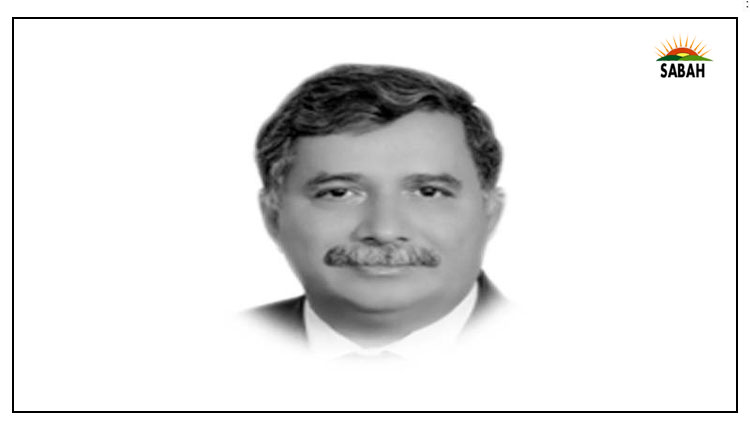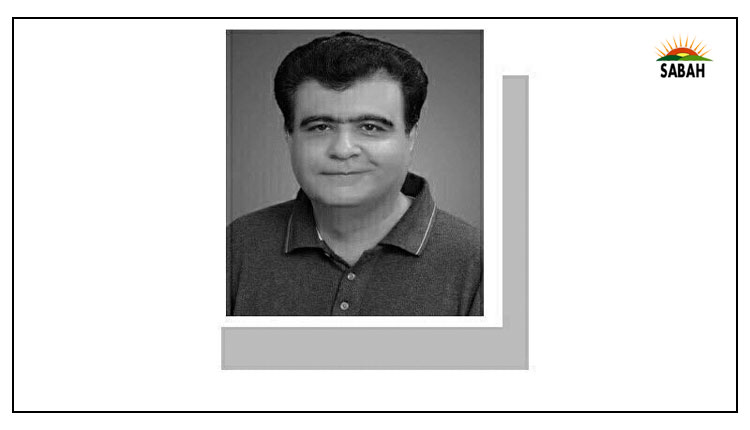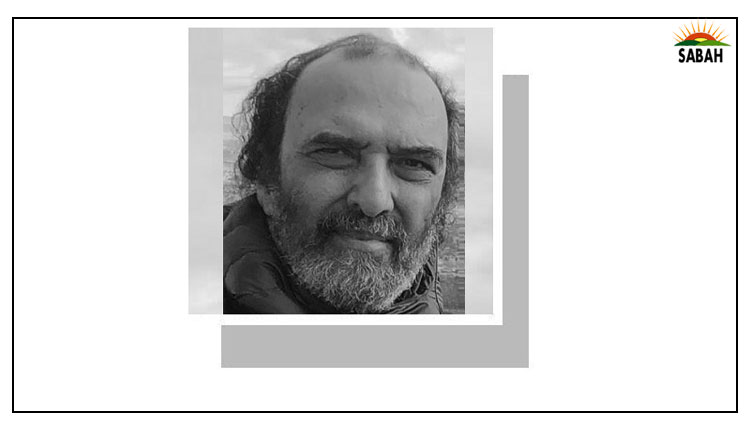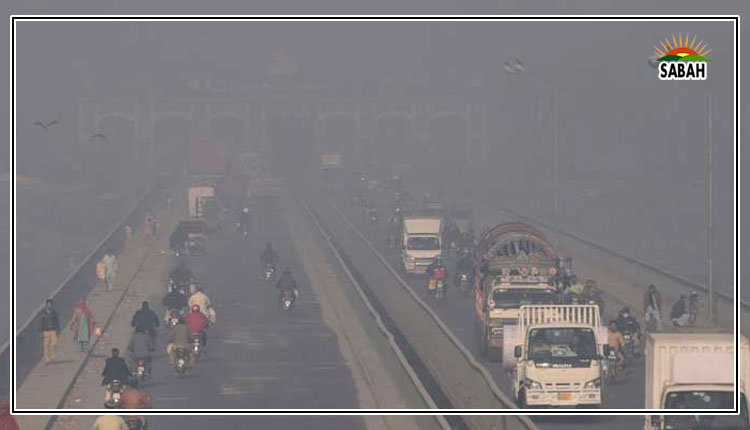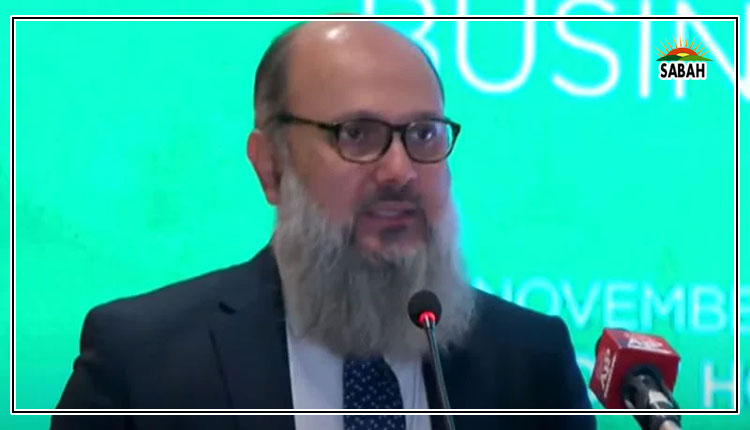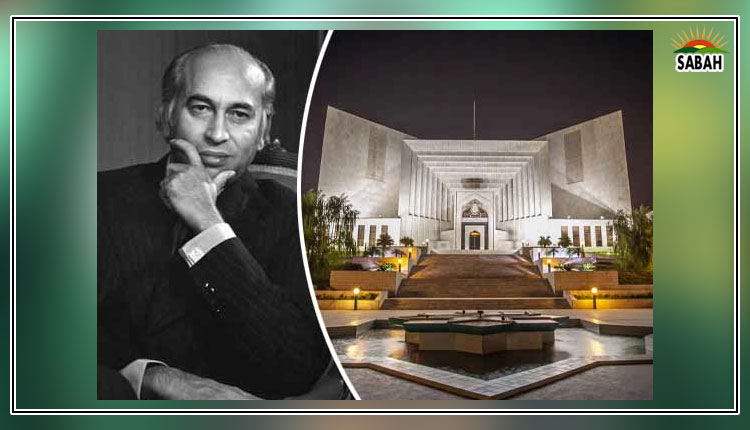Apex Court to hear Zulfikar Ali Bhutto murder reference on December 12
ISLAMABAD, Dec 07 (SABAH): A nine-member larger bench of the Supreme Court of Pakistan led by Chief Justice of Pakistan (CJP) Justice Qazi Faez Isa will take up the presidential reference regarding revisiting of former prime minister Zulfikar Ali Bhutto’s murder case judgment on December 12.
According to Supreme Court Registrar Jazeela Aslam, the members of the bench included Justice Sardar Tariq Masood, Justice Syed Mansoor Ali Shah, Justice Yahya Khan Afridi, Justice Aminuddin Khan, Justice Jamal Khan Mandokhail, Justice Muhammad Ali Mazhar, Justice Syed Hasan Azhar Rizvi and Justice Musarrat Hilali.
On April 2, 2011, then-president Asif Ali Zardari approached the apex court through a presidential reference under Article 186 of the Constitution of Pakistan to seek its opinion on revisiting the trial of the Pakistan Peoples Party (PPP) founder.
The last hearing of the reference took place on November 11, 2012.
Dr. Zaheeruddin Babar Awan, who has now joined the Pakistan Tehreek-e-Insaf (PTI), had earlier appeared as the federal government’s counsel in the case and had given lengthy arguments. However, on January 17, 2012, Awan’s law practice licence was suspended for criticising the court’s order in the Memogate case.
In the last hearing, PPP’s counsel Barrister Chaudhry Aitzaz Ahsan could not appear because he had traveled to Karachi to attend the funeral of late Iqbal Haider, a party stalwart and a senior advocate of the apex court. Accepting the five preliminary questions of law regarding revising the case, the apex court on April 21, 2011, nominated several legal experts as ‘amicus curiae’ or friends of the court, to assist it over the issue. A few of the amicus have now passed away.
On January 2, 2012, the Supreme Court also issued notice to Ahmed Raza Kasuri, the man who had lodged the first information report (FIR) against the PPP founder. Kasuri, in his reply, had opposed the reopening of the case arguing that the president was an “interested party”.
Zulfikar Ali Bhutto, who took over as president of Pakistan immediately after the fall of Dhaka in December 1971, and later became the prime minister after the 1973 Constitution, was removed from the government through the martial law imposed on July 5, 1977, led by General Ziaul Haq.
On September 3, he was arrested in the case of March 1974 murder of Nawab Muhammad Ahmad Khan Kasuri. He was released 10 days later, after a court found the charges against him “contradictory and incomplete”. He was rearrested on the same charges and arraigned before the Lahore High Court (LHC).
On March 18, 1978, Bhutto was declared guilty of the murder, and was sentenced to death. The decision was challenged in the Supreme Court and on February 6, 1979. The top court voted 4-3 to issue a guilty verdict and upheld the high court decision.
On March 24, 1979 the Supreme Court dismissed the appeal and General Zia upheld the death sentence. Bhutto was hanged at the Rawalpindi Central Jail on April 4, 1979 and was buried at his family mausoleum in Garhi Khuda Baksh.
On April 2, 2011, 32 years after Bhutto’s trial and execution, the PPP, then the ruling party, filed the reference for reopening of Bhutto’s trial. It is important to mention that the apex court judgment on the hanging of Bhutto has never been referred to as a precedent by the judges in any case.


